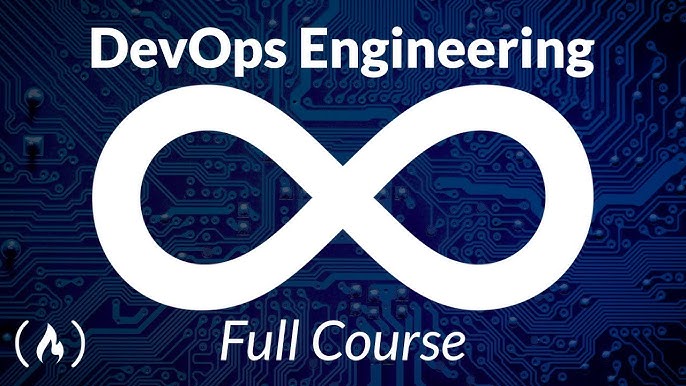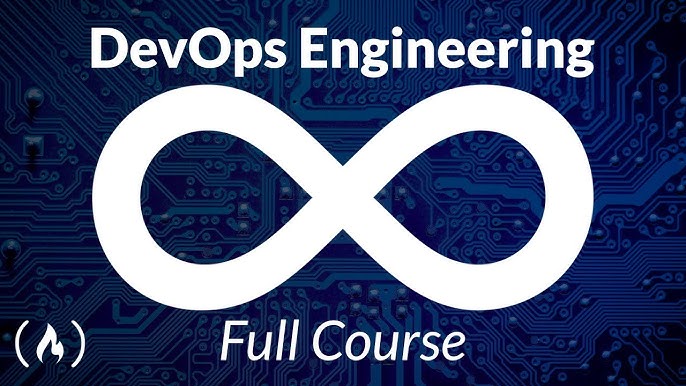IT Support, Help Desk & Technical Support Training for Success

IT Support, Help Desk & Technical Support Training for Success. Boost your skills with our comprehensive training in IT support, help desk, & technical support. Learn to resolve issues & help users succeed!

The Importance of IT Support, Help Desk, & Technical Support Training
In an era where technology is integral to business operations, the necessity for proficient IT support, help desk, & technical support services is paramount. This training empowers individuals to effectively address technological issues while ensuring operational continuity. An adept training program not only enhances problem-solving skills but also fosters a proactive attitude towards IT dilemmas. Knowing how to troubleshoot & resolve issues swiftly can significantly enhance customer satisfaction & productivity within an organization.
On top of that, comprehensive training ensures personnel are well-versed in the products & systems they work with, thereby reducing downtime due to technical difficulties. Businesses that invest in skilled support staff often realize improved operational efficiency & better service delivery. It is essential to cultivate an environment where technical support representatives feel confident in their abilities, allowing them to provide exceptional service in various situations.
Key Skills for IT Support Professionals
Technical Proficiency
Excellent Communication Skills
Customer Service Orientation
Time Management
Troubleshooting Techniques
Possessing the right skills in the field of IT support, help desk, & technical support is crucial for success. Technical proficiency is the foremost requirement, as support representatives must be familiar with hardware & software applications relevant to their organization. This knowledge enables them to diagnose issues effectively & offer instant solutions.
Equally important are communication skills, as a huge portion of technical support involves interacting with users. The ability to explain complex technical concepts in simple terms is vital for fostering understanding & rapport with clients. And another thing, a strong customer service orientation is key to creating a positive user experience & ensuring that clients feel valued & heard.
Time management skills help support professionals prioritize tasks effectively, ensuring that urgent technical queries are addressed promptly. And don't forget, continuous practice of troubleshooting techniques is essential. This skill allows professionals to quickly identify issues & determine the best course of action, significantly reducing resolution time.
Effective Communication in Technical Support
Effective communication stands out as a pivotal aspect of IT support, help desk, & technical support. Customer interaction can often shape their entire experience with your organization. Therefore, cultivating excellent communication skills is integral for anyone involved in technical support. This involves active listening, which ensures the representative fully grasps the user’s problem before proposing solutions. It is also essential to remain patient, especially when users struggle to articulate their issues.
Using clear & concise language is important. Technical jargon should be minimized, as it can lead to misunderstandings. Training programs should emphasize the importance of empathy & understanding, allowing support professionals to connect with users on a personal level. This emotional intelligence can be instrumental in providing effective solutions while also enhancing user satisfaction.
“Technical support is not just about fixing problems but creating a human connection through communication.” - Kian Hauck
Regular feedback sessions & role-playing exercises can bolster these skills within your team. Practicing common scenarios can prepare your representatives to handle real-world situations & foster confidence in their abilities.
Training Programs for IT Support Specialists
Program Name Focus Area
CompTIA A+ Basic IT Skills & Troubleshooting
ITIL® Foundation IT Service Management Framework
Microsoft Certified: Azure Fundamentals Cloud Services & Solutions
HDI Support Center Analyst Customer Service Skills for Technicians
Investing in structured training programs is essential to equip professionals in IT support, help desk, & technical support. A variety of certifications are available, each focusing on specific skill areas or knowledge frameworks essential for effective support roles. For instance, the CompTIA A+ certification covers basic IT skills along with troubleshooting fundamentals, making it ideal for newcomers in the industry.
Another significant certification is the ITIL® Foundation, which provides knowledge in IT service management, ensuring that IT support professionals align their services with the needs of the business & its users. The Microsoft Certified: Azure Fundamentals course offers insights into cloud services, a growing area in the IT landscape. Lastly, for those focusing on customer interaction, the HDI Support Center Analyst certification emphasizes essential service & communication skills necessary for effective technical support.
Creating a Positive Support Environment
Fostering a positive support environment can lead to improved job satisfaction & better performance among IT support, help desk, & technical support teams. Encouragement, recognition, & teamwork are essential elements of such an environment. Regularly acknowledging individual & team achievements cultivates motivation & enhances morale, driving staff to perform at their best.
And don't forget, promoting teamwork & collaboration can help employees feel a sense of belonging & contribute to collective problem-solving. Providing support representatives with the resources & tools they need to succeed is equally important. This includes access to ongoing training & learning materials, as technology is always advancing.
And another thing, creating open lines of communication can help address concerns promptly & allow staff to provide feedback on processes & resources. This dialogue ensures that everyone feels heard & valued, reinforcing a supportive culture. Employees who feel supported are more likely to deliver exceptional service, directly impacting overall customer satisfaction.
Challenges in the IT Support Sector
Like any industry, the sector encompassing IT support, help desk, & technical support has its challenges. Support teams often face high-pressure situations, especially during peak business hours or when dealing with critical system failures. This demand can lead to increased stress levels & burnout among team members. Therefore, organizations must recognize these pressures & provide appropriate support mechanisms.
Another challenge is the rapid advancement of technology, which can result in skill gaps. Continuous learning is essential for technical support professionals, as they must stay updated on the latest software, hardware, & solutions. Employers should invest in ongoing training & provide resources that facilitate knowledge acquisition & skill enhancement.
On top of that, maintaining a balance between efficiency & quality is crucial. While speed is often prioritized, neglecting the quality of support can lead to unresolved issues & unhappy users. Support teams must find ways to deliver quick responses while ensuring they adequately address user concerns. Establishing key performance indicators (KPIs) can help balance these competing interests.
Future Trends in IT Support & Training
As technology evolves, so does the landscape of IT support, help desk, & technical support. Emerging trends are likely to shape future training programs & support strategies. One trend is the growing emphasis on remote support, driven by the increased prevalence of work-from-home arrangements. Teams are adapting to serve users remotely, necessitating training in various remote tools & technologies.
AI & chatbots are increasingly being integrated into support systems to handle basic queries, allowing human representatives to focus on more complex tasks. This shift necessitates training IT personnel on how to work alongside these technologies effectively. Continuous learning & adaptability will become preferred skills as automation becomes a norm in technical support.
Another promising avenue is the rise of enhanced cybersecurity training. With cyber threats on the rise, cultivating awareness among support staff is vital to protecting both organizational & customer data. Training programs that emphasize security best practices will likely become a critical component of technical support training over time.
Frequently Asked Questions
What is the difference between IT support & technical support?
IT support generally covers a broader range of tasks compared to technical support. While IT support deals with technical infrastructure, including hardware & networks, technical support often focuses on troubleshooting specific software applications & resolving issues that users encounter.
How important is customer service in IT support?
Customer service plays a crucial role in IT support. Users often encounter frustrations & need clear communication & assistance. Excellent customer service can enhance user satisfaction & retain clients, making soft skills as essential as technical knowledge.
What skills are necessary for a career in IT support?
Key skills for a career in IT support include technical proficiency, problem-solving abilities, effective communication, & a strong orientation towards customer service. Time management & the capability to handle stressful situations are also beneficial in this field.
IT Support, Help Desk & Technical Support Training
Successful training in IT support, help desk, & technical support is vital in today's technology-driven world. As organizations increasingly rely on technology, having a skilled & knowledgeable support team becomes essential. Proper training enhances employees' skills, boosts user satisfaction, & creates a more effective work environment. By investing in comprehensive training programs, organizations can ensure their support teams are prepared to handle current & future challenges effectively.






